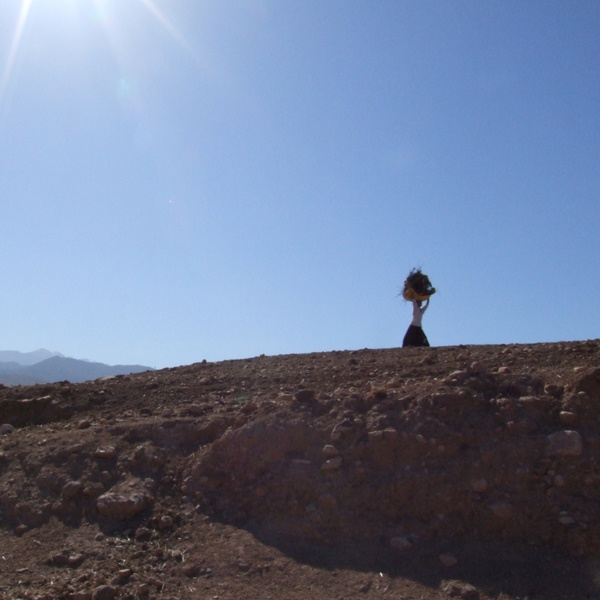Abstract
States rich in natural resources often have poor human rights records. Political scientists have labelled this correlation the “resource curse”. To address structural causes and the misappropriation of resources by the rulers of those countries, Leif Wenar proposes in his book, Blood Oil, the so-called Clean Trade Act. We draw on Wenar’s work to theorise how activists interested in bringing about these changes might utilize the existing features of international law to adopt Wenar’s proposals. Activists interested in taking up Wenar’s challenge to reform the ownership and distribution of global commodities would move beyond Wenar’s narrow public law framework, and study the myriad forms of regulation and interactions that define the contemporary transformation of political sovereignty and rule-making under the conditions of globalisation. It is not enough that Clean Trade Laws are passed in developed nations.


